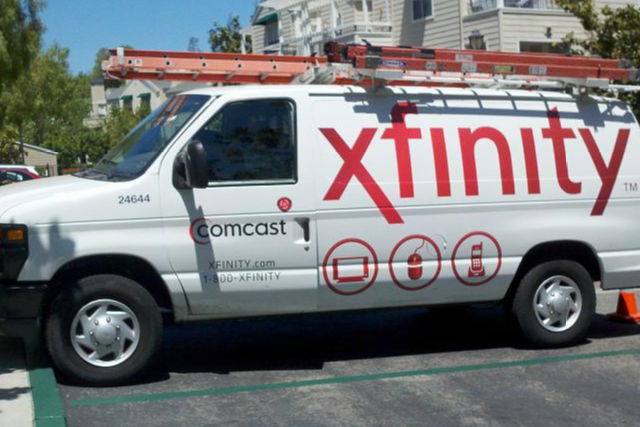
While this has provoked outrage from customers in those areas, Comcast has played down their complaints, suggesting that by capping the amount of data they can download in any given month, it is essentially making the service fairer for everyone.
“Our data plan trials are part of our ongoing effort to create a fair, technologically sound policy in which customers who use more data pay more, and customers who use less pay less,” Comcast Florida spokesperson Mindy Kramer told the Miami Herald.
She also pointed out that the company’s new 2Gbps service would not be affected.
Kramer went on to point out that the average Comcast user gets through just 40GB of data per month and that ultimately 92 percent of them wouldn’t see any impact from this change, as they never go over 300GB. However, that other 8 percent would and as other commenters have pointed out, 300GB for power users or large families, is not exactly astronomical any more. When individual games can be 50GB or larger and HD movies more than 10, it’s easy to imagine how that might add up to over 300.
Streaming is likely to chew up even more bandwidth in the years to come as well, as people migrate to higher resolution movies and TV shows shot in 4K.
Others have pointed out that with the near-monopoly Comcast enjoys in some parts of America, they have no alternative but to put up with its changes, as there simply isn’t a viable alternative at this time.
This isn’t the first time that Comcast has attempted to cap its customers. In 2012, it attempted to add a nationwide cap of 250GB per month limit on every account, but after a large backlash it dropped the idea.
Editors' Recommendations
- Use Comcast for internet? Your personal data may have been hacked
- How to minimize your data usage at home
- Google Maps data shows whether people in your area are staying at home
- AT&T halts caps on broadband data as coronavirus drives many Americans inside
- Wawa data breach: Hacker is selling 30 million credit cards on the dark web




